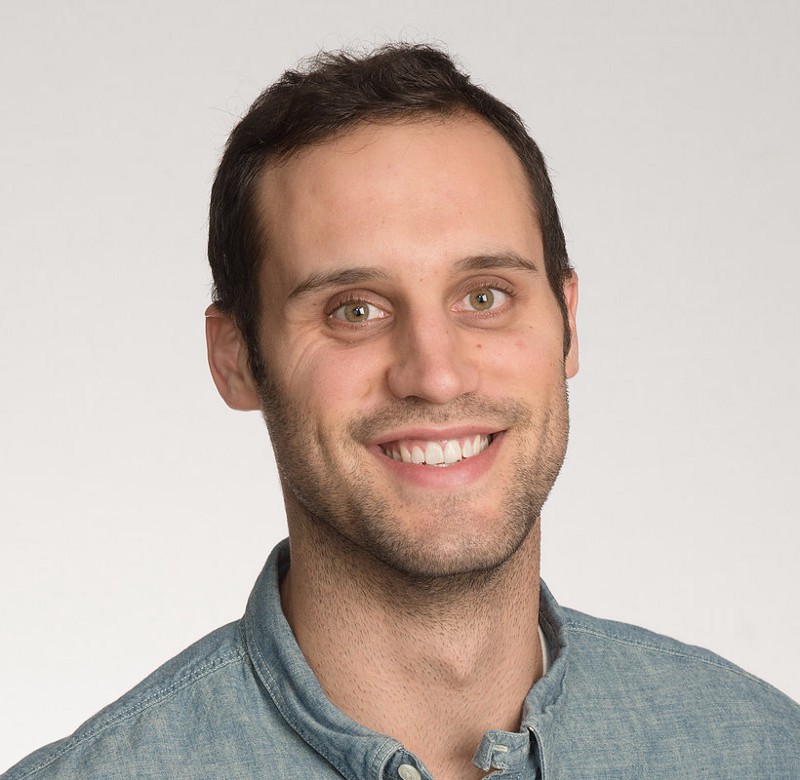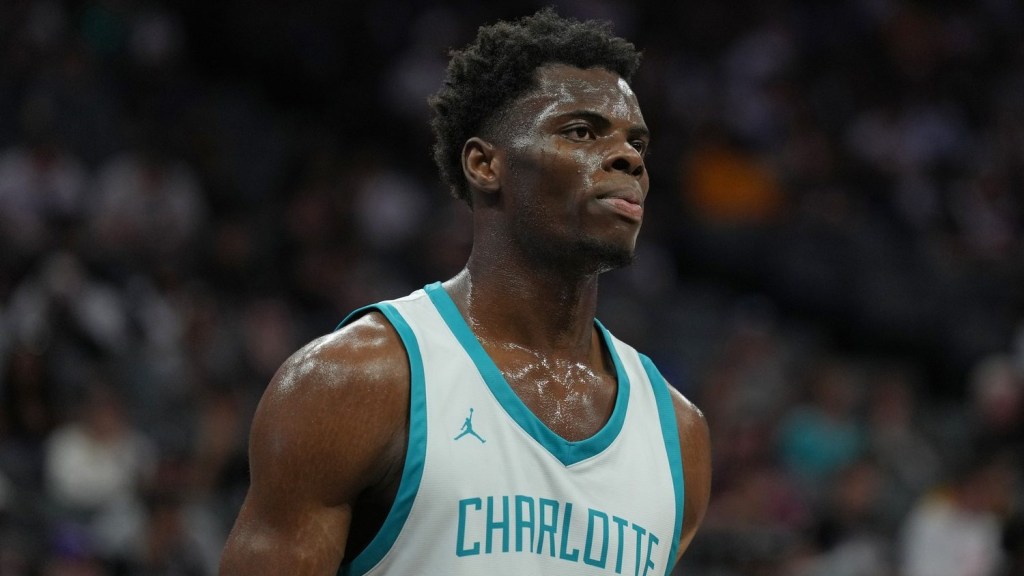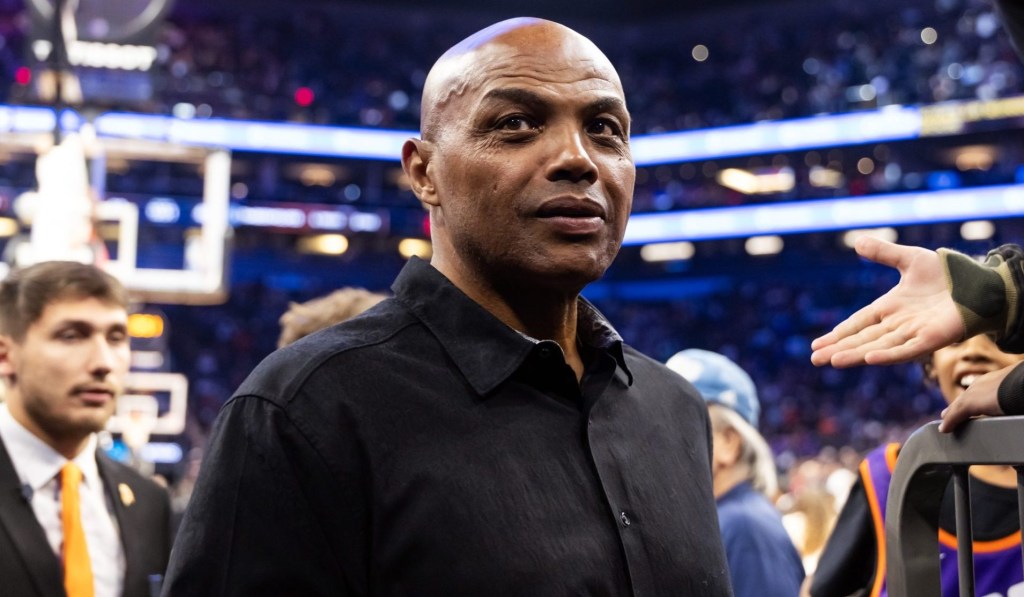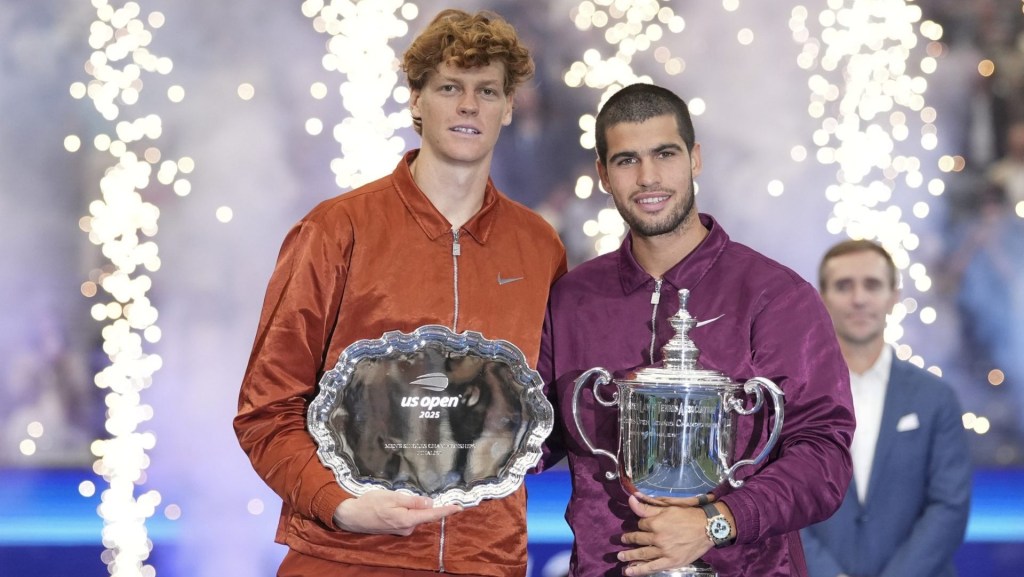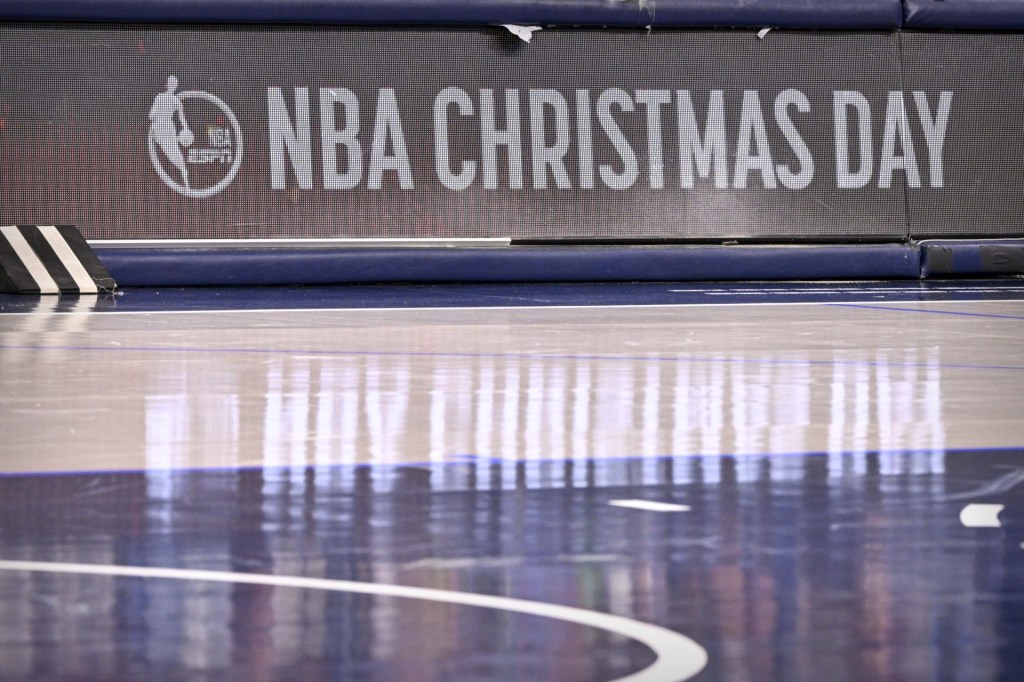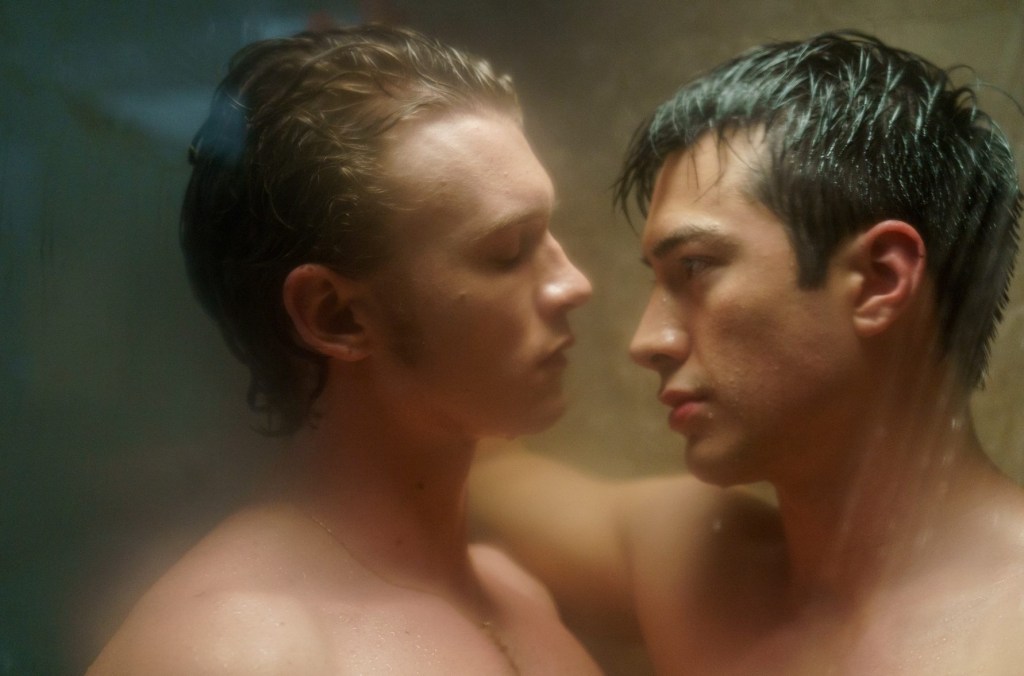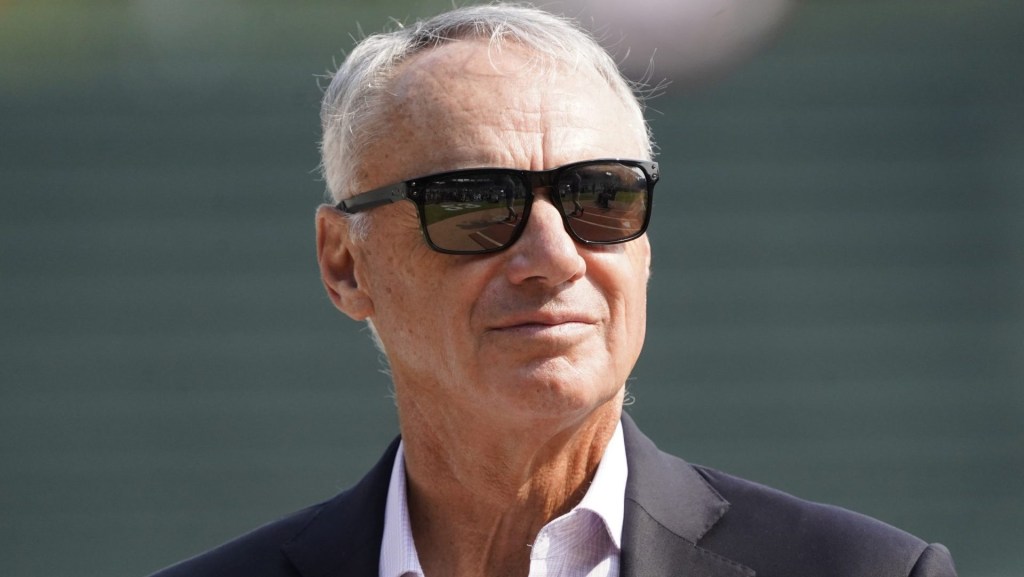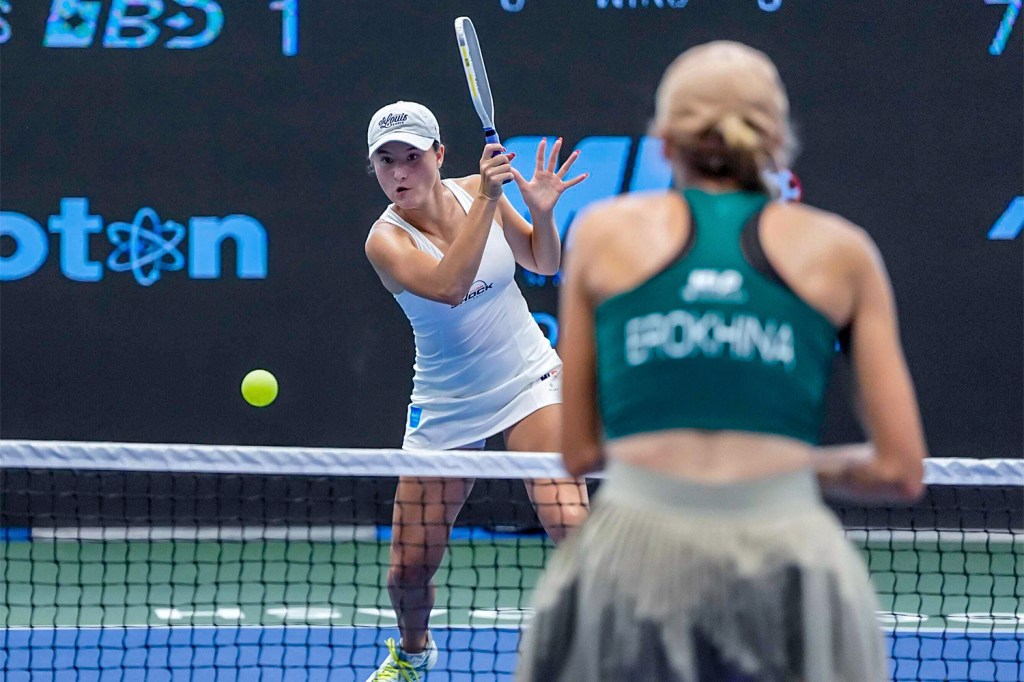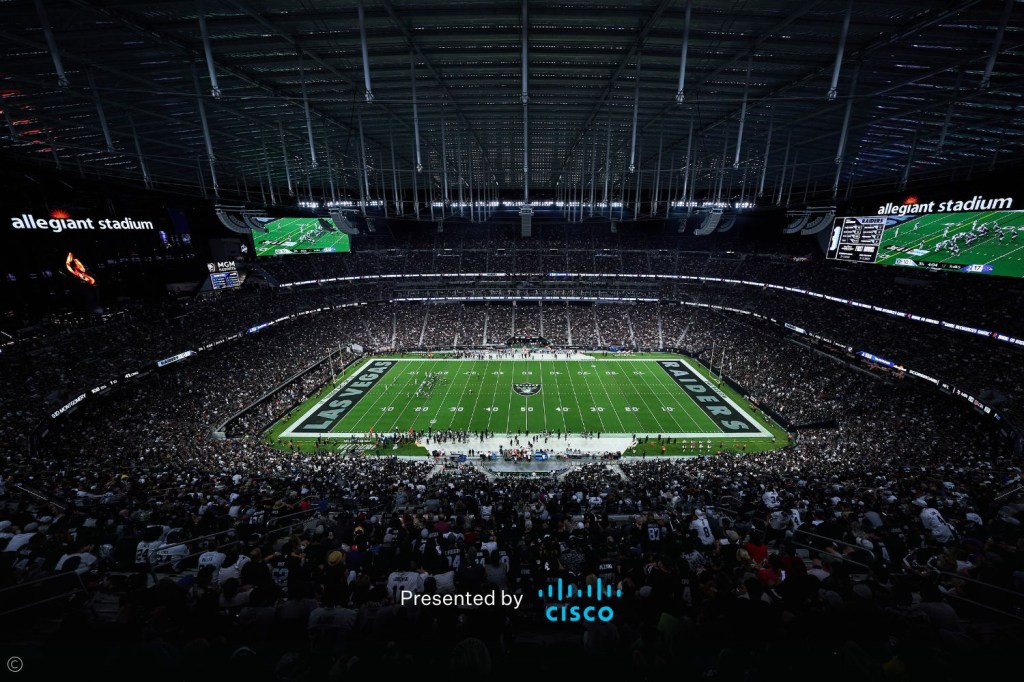By: Adam White, @FOSAdam

Front Office Sports is proud to have sat down with Luke Bonner, Brand and Marketing Executive for GYK Antler and Co-Founder of College Athletes Players Association. Growing up in a house with two other basketball playing siblings the pick up games were quite spirited and according to Luke, “If you ask Matt [Bonner] whether or not he has fouled me, he will say he hasn’t fouled me in his entire life.” For Luke, the basketball didn’t stop there as he would go on to play both collegiately and professionally. Although he quit playing professionally around 3 years ago he has embraced life away from the court and has become a successful marketing professional. He was gracious enough to offer up his time and insight into the transition from student athlete to professional athlete to marketing professional, why as a student athlete you need to take advantage of the resources at your disposal in college and why being yourself will bring success.
You have played professional basketball, been writer, are a director of basketball camps, the founder of a foundation and a players association, and a brand and marketing executive. What has your journey to where you are today been like?
It has been pretty crazy and unique not only in the sense of the journey I have taken but the ones I have been apart of. Because my sister and brother were highly touted recruits going into college, I have been around some of the most influential coaches in basketball since I was in 6th grade. It wouldn’t be uncommon for me to be in a gym with my brother and sister and have Billy Donovan, Coach K, and Roy Williams there to watch my brother and Tara VanDerveer or Geno Auriemma there to watch my sister.
Once I saw what they had done, I committed myself to mimicking what they did and to getting a Division I scholarship as well. I was lucky enough to graduate early and then pursue my masters in Sports Management at UMass, one of the best Sport Management programs in the world. That experience truly opened up my eyes and network to people who would go on to be future GM’s [General Managers], league executives among many other things. Being around high-level basketball programs, coaches and professionals for most of my life truly helped mold my view and interest into the industry.
When I graduated, I continued my career professionally abroad. It was there in my downtime between games and practices that I tried to develop new skills instead of just watching movies all day. I started editing videos; I worked with my brother on a summer time charity concert series; and I started writing a ton. All of those things helped differentiate myself, and really helped me as I was transitioning out of basketball.
Like I mentioned, you co-founded and founded two different organizations. What was that process like and what was the driving force behind putting together Rock On and CAPA?
Rock On really started as a way to keep busy at a time when I really didn’t know which direction I wanted to go in. My brother and I had set up a few charity concerts that were starting to take off and we sort of found ourselves as the niche athletes embedded in the independent music scene. At that point my brother was an established NBA player and we wanted an official give back charity and this was the perfect opportunity. Arts and athletics are who we are, so it was a natural direction to take.
In New Hampshire, we have really great school systems. But, there’s been a bit of a problem where many of our younger talent are moving off to take jobs in city centers like LA, Boston, NYC and Chicago. So, there’s definitely an element of using Rock On to try and make New Hampshire ‘cooler.’ When you think about the best cities in the world, they generally have an arts scene and some sort of athletics presence. We’re trying to help create that in our community, while using funds to support youth art and athletic programs.
With CAPA, I had always just kept in contact with Ramogi Huma, and he called me a few months before all the Northwestern stuff began and he told me what was going to happen and at first I didn’t believe him. Honestly, initially, I was a little bit hesitant to join CAPA as a founding board member with all that I had going on in my personal life at the time.
I took a step back and realized that this is one of the biggest challenges for college athletes. As a college athlete, you’re in, you’re out, and that’s it. When I was an active college basketball player, I had been infatuated about these issues. So, with my family’s support, I decided to join the movement. It was one of the prouder moments of my life.
How did playing basketball collegiately and professionally set you up for success later on in life?
When I look back on playing collegiately, I can’t even fathom how I did it. It was so much work.
I think playing sports allows you to have a higher threshold when it comes to dealing with adversity and the ability to not be shaken by certain things. You are also a little more comfortable in front of a microphone and in public speaking settings.
After playing in college, nothing seems too challenging or too much to overcome.
Could you touch on how to use being a college athlete to your advantage as you transition to the job market after college?
There is no doubt about it. Coming out of college as an athlete you often miss out on some of the professional developments afforded to other college students, particularly in terms of internships. Additionally, if you pursue any sort of professional playing career, you are inherently getting a later start on the job market. For me, because I played professionally oversees I was entering the real world and considering internships at 27. Much later than a normal graduate.
The best way to use your involvement in college athletics is to figure out ways to leverage what you’re already doing for future opportunities. College athletics are major business, and as an athlete you are helping to drive that business. Figure out ways to quantify your contributions to your team and your university.
For example, as a college athlete, you frequently have appearances on behalf of the university. These appearances are marketing events that have tangible goals and objectives. Ask the people working in your athletic department what the goals and objectives are. Whether it’s community service or handing out pizzas to students around campus to try to increase attendance for a big game, keep track of these things. When you are in a future interview you’ll be able to reference all of these experiences to show your value.
While I was at Umass, I asked if I could write a blog for the university website, and they let me. I later learned that it was one of the most visited features on the site. For me, I could take that knowledge and go into an interview knowing I had tangible results besides the ones on the court that would make me a valuable candidate.
As an athlete, you have the people and resources around you to help you. Take advantage of them while you can.
Five years from now, where do you see yourself?
I see myself as being sought after as a leader in the field of sports and entertainment marketing. I also hope at that point that there will be a legitimate voice to represent college athletes in terms of what their needs and best interest. Mostly, five years from now, I hope that I am enthusiastic about work, that I love what I do and that it allows me the means to live comfortably and support my family.
Parting wisdom?
Be yourself, if you’re true to what you’re about and go after what you want, you will be happy and success should find you.
Be proactive, take action and initiative. Don’t let uncertainty hold you back. Don’t worry if you don’t have an end goal in mind. You will be surprised where your journey will lead and how sometimes the best way to find direction is to just do something even if it’s not exactly what you might have had in mind.
You never know whom you’re going to meet and what they are going to be down the road. Make sure you always stay in contact and that you don’t burn bridges.
We would like to thank Luke for his time and insights and we wish him the best in his future endeavors!
You can follow him on Twitter here or connect with him on LinkedIn here!
